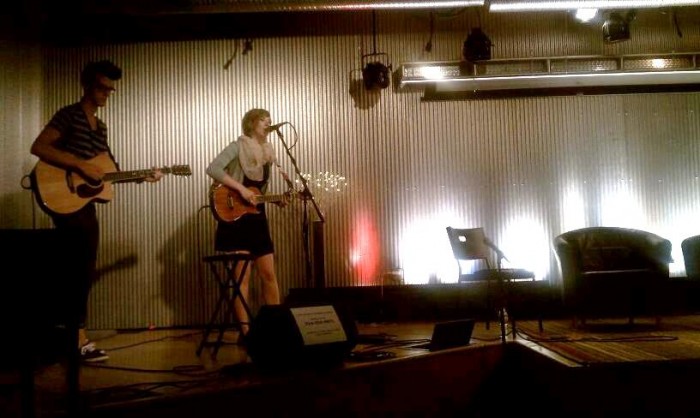Prosecutors in Phoenix are celebrating a major victory this week after securing a guilty verdict for a man convicted under Arizona’s “child prostitution” law for attempting to buy sex with a law enforcement officer who he believed to be a 16 year old girl. According to Maricopa County Attorney Bill Montgomery, this is the first jury verdict for this type of operation in Arizona.
The case of Paul Daniel Wagner, which was prosecuted by the Maricopa County Attorney’s Office will have statewide impact as the jury’s verdict clarifies that trying to buy sex with a minor, or someone posing as a minor, is a serious crime.
As Shared Hope’s Protected Innocence Challenge report card for Arizona shows, Arizona has strong laws to combat demand for commercial sex with minors, a driving force behind the sex trafficking industry. However, bringing buyers to justice is a resource-intensive and challenging task. A primary challenge in combatting demand has been the growth of online exploitation of juvenile sex trafficking victims which allows both traffickers and buyers to remain anonymous and avoid detection by law enforcement.
In recent years, Phoenix-area law enforcement have led efforts to tackle demand through online sting operations and as a result, the area has seen a substantial increase in the identification and arrest of offenders seeking to pay for sex with a minor. When Shared Hope conducted an assessment of Arizona’s response to sex trafficking in 2010, research showed that only five of the 87 cases prosecuted under the “child prostitution” law since 2006 had involved buyers. In contrast, when Shared Hope conducted an assessment of anti-demand enforcement in Arizona in 2015, the Maricopa County Attorney’s Office had commenced 89 prosecutions of buyers under the child prostitution law since December 2013.
Nevertheless, prosecution of buyers arrested during sting operations has presented its own set of challenges. In Shared Hope’s 2015 research, Demanding Justice Arizona, online sting operations served as the primary method of identifying buyers in the greater Phoenix region but one of the concerns to this approach was whether judges and juries would treat these cases as seriously as cases involving actual victims—particularly when offenders identified through sting operations were attempting to buy sex with a minor older than 15.
The jury verdict finding Paul Daniel Wagner guilty of a Class 2 felony for attempting to buy sex with a law enforcement officer who he believed to be a 16 year old girl indicates a rising intolerance for this crime. This case reflects the growing understanding that buyers of sex with minors—including those who target older minors—are not just guys who “made a mistake” or were “entrapped” but instead are serious offenders deserving of serious penalties.
Help us shift the stigma. #DemandJustice for buyers at www.demandingjustice.org.








